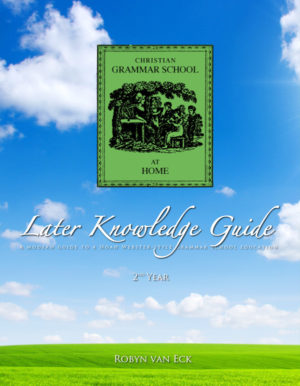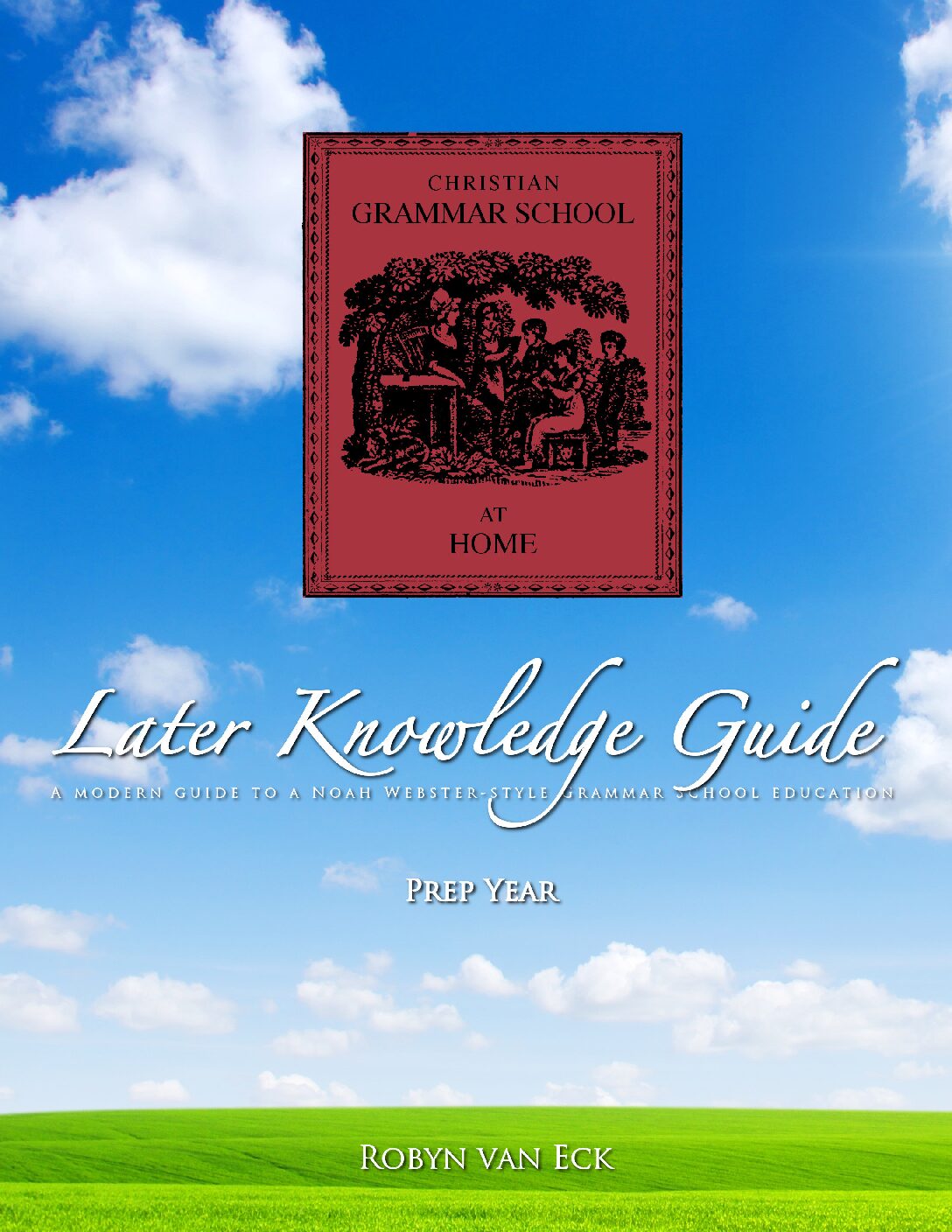Guest book review by Michael Oakes
Apostate, by Kevin Swanson, is the account of how the worldview of nations was distorted and molded by a few very disturbed men. This scholarly work lays out how Satan has used these humanists (at times with their confessed knowledge) to destroy the family and to control and “cleanse” society of any Christian influence. They have done this, in part, through the creation and misuse of public education and popular media in promotion of homosexuality, feminism, etc.
It may surprise and possibly anger some readers. In my reading, I found myself questioning some of the foundations and assumptions of my life. We regard the public school system as one of the strengths and uniquely fine qualities of the American way of life. We think of teenage rebellion as an unavoidable and natural right-of-passage in many, if not all, cultures. However, just 400 years ago these two “norms” were unheard of; and they are the norm now, in part, due to the one being indispensable in the realization of the other.
Over the past few decades, many have been begun to notice that year after year, American students score lower and lower on tests of basic education—while they have begun to revere all of the elements of humanist philosophy, in which they have been thoroughly and expertly indoctrinated. While observing this year after year, it wasn’t until I read this book and began to understand the progression of deliberate humanist theory that I realized that we should question the public school system’s very existence. I learned that:
- Rousseau believed that fathers “owe” their children to the state and that children should be removed from their parents as soon as possible.
- Mill pushed feminism as essential for the dissolution of the family.
- Dewey created the ideas which have led to the largest centralized educational systems in history, designed around the theory that education is all about training the individual to fit in to the social entity of the state. He wrote, “I believe that in this way the teacher is the prophet of the true god and the usherer in of the true kingdom of god.”
The chain of philosophers begins in the thirteenth century with Thomas Aquinas and passes to the present through Rene Descartes, John Locke, Jean-Jacques Rousseau, Jeremy Bentham, John Stuart Mill, Ralph Waldo Emerson, Karl Marx, Charles Darwin, Fredrick Nietzsche, John Dewey, and Jean-Paul Sartre. The concurrent literature of William Shakespeare, Nathanial Hawthorne, Mark Twain, Ernest Hemingway, and John Steinbeck are also examined.
Among these men—so exalted by western civilization and academia—are those who admittedly hated Christianity, and murdered their own children or left them on the steps of orphanages so they would not interfere with these men’s work or writing. One engaged in serial adulteries and another enjoyed killing puppies with a hammer.
These men are universally revered by the humanists and their academic community but they led personal lives that would repulse anyone truly interested in the elevation of human behavior. Many of us have heard these names—usually in the context of some constructive development in human history or growth—but without any real understanding of their specific contribution or its impact. Others on this list are less well known or quoted, but Swanson draws on them all in combination to form an unbroken chain, a spiritual conspiracy, of attack on Christianity.
This chain can be summarized as follows:
Thomas Aquinas (1225–1274) opened the door for apostasy by proposing two systems of knowledge—the one, the existing sacred knowledge; and the other, secular (philosophical) knowledge. He set out to create a comfortable synthesis between humanist philosophy and God-sourced revelatory truth. He led in the creation of universities based on these principles.
Rene Descartes (1595–1650) shifted the debate from the “what is true” to “of what can I be certain”. He enthroned human reason and resolved to seek “no other” knowledge than that found within himself.
John Locke (1632–1704) rejected the doctrine of original sin, Old Testament ethics, and biblical truth. He wrote that one learns from experience and observation only.
Jean-Jacques Rousseau (1712–1728) is the father of the secular state and the compulsory education system. He believed that the existing order could be refashioned with his own principles through a political process based on instinct, intuition, and impulse. He told fathers that they owed their children to the state—requiring absolute subservience to the civil magistrate—and that society would be improved by removing the child as much as possible from parents and relatives. This has led to laws requiring compulsory attendance to public educational institutions. He reasoned that the God ordained covenant relationship of family and church are impediments to the humanist vision of the authoritarian, antonymous, all-powerful state. This was foundational to Robespierre, in his construction of the new state, and the resulting horrors of the French Revolution.
Jeremy Bentham (1748–1832) was the original liberal. He was a grave opponent of the old Christian order and English Common Law. As the father of Philosophical Radicalism, he was said to have done much to “free the minds and bodies of the English people from Christianity—“that great instrument for producing mental and political slaves.” He was also the driving force behind the reintroduction of homosexuality to Western culture.
Ralph Waldo Emerson (1803–1882) led in the poly- and pantheistic ideas that formed the radical new religion called “transcendentalism”. He obliterated all distinction between the Creator and the creature. He advanced homosexuality in his writings.
Karl Marx (1818–1883) openly gloried in his total rejection of God. He interpreted of all history in themes of “class warfare” and the struggle for “freedom” and “equality”—a thought enabled by Darwin. While this may sound noble to some, he starved three of his children to death.
Charles Darwin (1809–1882) converted from devout Christianity to humanism after entering Cambridge University. Soon after, he referred to God as a “revengeful tyrant”. He later rationalized that man reasons for himself in a world without God; thus, he set out to prove the non-existence of God. His “scientific” endeavors consisting of a doctrine looking for a proof. He rejected belief in God by faith, but sought belief in man (humanism) by faith. For Darwin, religion was just a phase as the human species evolves into a higher form. His belief in eugenics led to statements bemoaning attempts to cure such diseases as smallpox as promoting the perpetuation of the weakest among us. He writes of selective breeding and euthanasia in a way that foreshadows Hitler’s own beliefs. He paved the way for the “extermination” of Jews by the Nazi party, of the Slavs in the Soviet Union, and Margaret Sanger’s Planned Parenthood, by writing: “At some future period …the civilized races of man will almost certainly exterminate, and replace, the savage races throughout the world”.
Freidrich Nietzsche (1844–1900) justified the most tyrannical and cruel actions—where the strong prey on the weak—in order to produce a higher culture or race of men. He taught that the goal of existence is more than survival—it is the opportunity, or the ability, to discharge one’s strength—the “will to power”. He advocated a “Master Morality” that inspires dread in others as it exploits, injures, and gains preeminence over the weak. He, therefore, deplores what he called “Slave Morality” which he saw as wasting time in pity, generosity, patience, industry, humility, and friendliness.
John Dewey (1859–1952), as we have seen, created the ideas upon which our public educational systems are founded. He co-authored “The Humanist Manifesto of 1933” which rejected creation and God-given ethics, while promoting a distributive and socialist agenda.
Jean-Paul Sartre (1905–1980) drove a cultural revolution by way of a new, popular ethical philosophy called “existentialism”. He advocated bloody revolution, and provided an intellectual basis for terrorism. In existentialism, “Each human being is seen as the absolute master of his soul, if he chooses to follow the path of action and courage.” Sartre concludes that “everything is possible if God does not exist”.
In examining the works of Nathaniel Hawthorn and Mark Twain, Swanson describes the early uses of a method now blatantly evident in contemporary literature and other entertainment media. Human flaws, such as those which might be found throughout the human condition, are shown as the actions of a Christian believer, and are thus—not too subtly—heralded as a flaw in the entire church, and proclaimed to the audience a sign of corruption within the Body of Christ. Who of us hasn’t been dismayed by the Bible-totin’ and -quotin’ serial killer? In reading these works, one can become angry at the almost deliberate destruction of Godly society by these men. Angered that we are forced to read and study these works as examples of great literature in all our public institutions of education, absent any warning of the underlying beliefs, character, and motives of these authors. Again, we have become accustomed to the discomfort we feel as our hero in either literature or film encounters one hypocritical Christian after another while godless characters carry the day in courage or sympathy.
With the publication in the 1930s of some later works of Mark Twain, which he wanted unpublished until after his death, we now know of his vitriolic abhorrence (in the vilest of terms) of Christianity, and his deliberate work in opposition to the faith. None of this was even hinted to in my own education. In fairness, my teachers probably didn’t even know, either, since they came from the same education system as I. I recently saw an advertisement for an online study of the “Great” writers of American literature from a well-known and respected Christian university. They listed Mark Twain among others without, I suppose, any knowledge of his true intentions.
As Swanson relates the contributions each of these made to apostasy, he provides a counterpoint from scripture for each of their beliefs and actions which, in several cases, are almost predictive of their final ends. For example, he ties Ernest Hemingway’s incomprehensible loathing of his mother to his own eventual suicide as well as that of his daughter Margaux.
Swanson describes the irony of this humanist vision of freedom from the bondage of Christianity—when they find themselves in later life enslaved to despair within the emptiness and unsustainability of humanism. In fact, he sees the end of humanism in the near future as a result of their realization of the futility of their desire to elevate themselves to become “god”… which results in all being “god”. He then prepares the reader to be strong and ready to fill the gap that this will leave in our societies.
Available for sale on Amazon, or through the Grammar of Grace shop.





